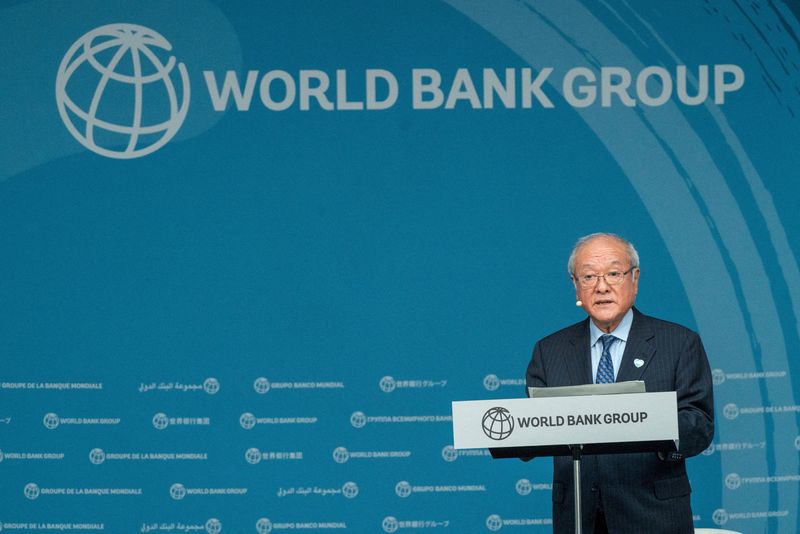There has been growing market interest in the timing and pace of a pivot by the U.S. and European central banks toward less restrictive monetary policy, Suzuki said.
“Uncertainty and market speculation over these developments have heightened volatility in financial markets, including foreign exchange markets,” Suzuki said in a statement to the International Monetary Fund’s steering committee.
“It is important that foreign exchange rates move stably, reflecting fundamentals, and excessive volatility is not desirable. We would take appropriate actions against excessive movements,” he said during the spring meetings of the International Monetary Fund and World Bank in Washington.

A broad dollar rally driven by receding market expectations of a near-term U.S. interest rate cut has recently pushed the yen to a 34-year low, heightening the chance of currency intervention by Japanese authorities.
The U.S., Japan and South Korea agreed to “consult closely” on foreign exchange markets in their first trilateral finance dialogue on Wednesday, acknowledging concerns from Tokyo and Seoul over their currencies’ recent sharp declines.
To read the full article, Click Here

